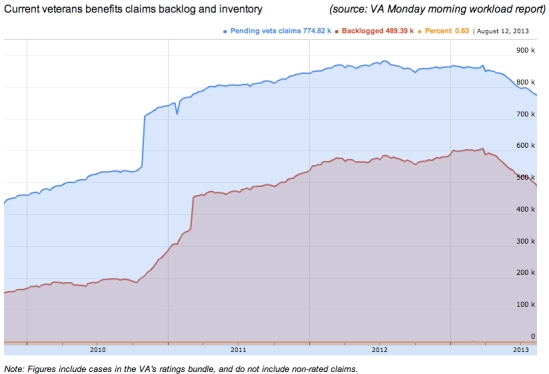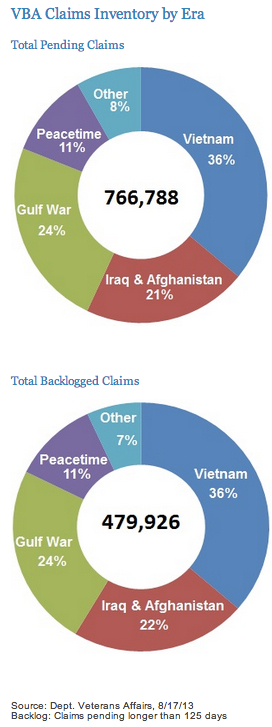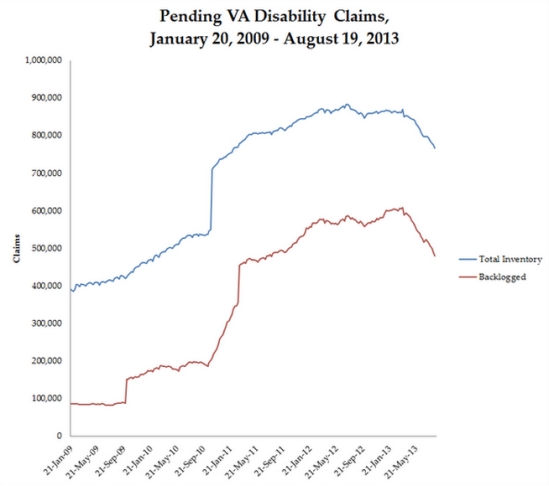The past few days have been slow posting days. That’s partly because I’m exhausted by the passing of another Veterans Day.
This year, I’ve seen quite a few essays encouraging Americans not to objectify veterans (examples here and here). It seems like winds are shifting for the media herd, and I take this as a sign that the country is heading in the right direction—namely, sanity about the complex implications of military service. But we’ve still got a few things to learn.
Civilians probably don’t realize this, but Veterans Day is a source of great alienation for many veterans. To some veterans, even if individual volunteers have laudable reasons for enlisting, and even if history vindicates a certain cause, the violent context of their service militates against open celebration. I’ve spoken with a quite a few vets who share my preference for avoiding the festivities.
The prevailing norms don’t help. We are told that Veterans Day is “not about politics,” but it sure is difficult to coherently frame military sacrifice without placing that sacrifice in a political context. War fetishists leap at the opportunity to cheerlead on the sly: Some do it with loaded phrases like “fighting for our freedom” that are at odds with military history; others blare the names of specific conflicts that add nothing to their point.
Of course, it would be uncouth to challenge the simplicity of these ideas as they are blasted to a cheering crowd from ten-foot speakers. Better hope you can compartmentalize that lingering guilt over a mistaken checkpoint shooting, because we didn’t stand in the cold for an hour and a half to hear about that.
On the other hand, some veterans take part in the celebrations and the parades with toothy smiles. Not all of them support the political decision to initiate and/or continue the wars in which they fought. This just reinforces my belief that very few generalizations hold true across the “veteran” category. Get enough veterans together and they will agree on almost nothing except the desirability of VA benefits and the undesirability of losing their friends. I hope that our national observances will continue to move in a somber, reflective direction that doesn’t validate some veterans at the expense of others.











 ANSF: What It Will Take to Implement the ISAF Strategy
ANSF: What It Will Take to Implement the ISAF Strategy Courageous Restraint?
Courageous Restraint? Hammers Can't Fix Computers
Hammers Can't Fix Computers IED Metrics for Afghanistan
IED Metrics for Afghanistan On the Hill
On the Hill Opening the Final Columbia ROTC Forum
Opening the Final Columbia ROTC Forum Winter Soldier
Winter Soldier